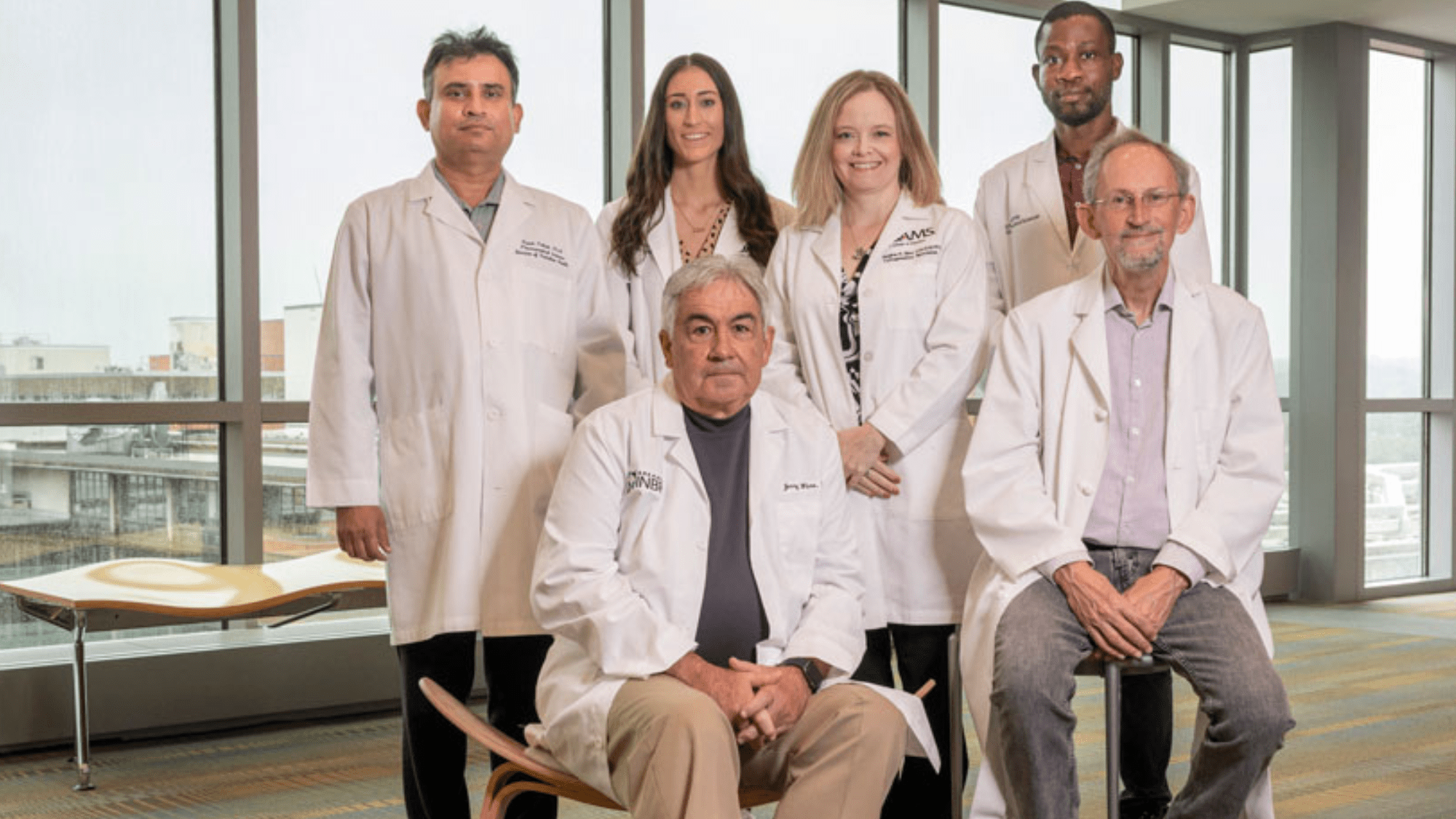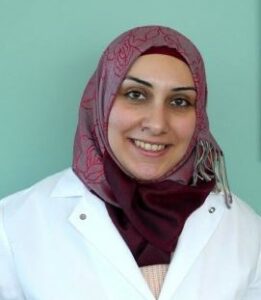UAMS Receives $3.4 Million to Study Radiation Injuries Caused by Nuclear Accidents and Bioterrorism
| The University of Arkansas for Medical Sciences (UAMS) has received $3.4 million in funding from the National Institute of Allergy and Infectious Diseases, part of the National Institutes of Health, to study acute and delayed injuries caused by full-body radiation exposure from a nuclear accident or bioterrorism.
The five-year study entitled, “Platelets in Radiation-induced Immune Dysregulation,” is led by Rupak Pathak, Ph.D., assistant professor of Pharmaceutical Sciences, Division of Radiation Health in the UAMS College of Pharmacy; Martin Cannon, Ph.D., professor of Microbiology and Immunology in the UAMS College of Medicine; and Jerry Ware, Ph.D., professor of Physiology and Cell Biology in the UAMS College of Medicine.
While the FDA has approved some drugs to alleviate bone marrow injuries in people exposed to radiation, no drugs are available to treat the adverse effects in other organ systems. The study hopes to encourage drug development for therapies that will reduce radiation side effects.
“Research is greatly needed to understand the complex biology that occurs following radiation exposure,” said Pathak. “This work will identify therapeutic targets to minimize radiation sickness following exposure to high levels of radiation. If there is something we can apply after exposure that will prevent immune dysfunction, we have a good chance of limiting injuries in several organs. We think we can find such countermeasures by studying how platelets moderate immune response.”
Platelets, which help form blood clots or stop bleeding, also regulate immune function by binding directly to immune cells or releasing small particles, called platelet-derived micro-particles. Preliminary studies have shown links between radiation exposure, platelets and the immune response.
“We know that platelets have a couple of pathways that might influence radiation damage,” said Cannon. “We want to understand how to regulate those pathways and lessen the inflammatory response. In very simple terms, we’re looking for the on and off switch.”
Radiation-induced immune damage often causes injury to the heart and intestine. The team, led by Pathak, will study if damage can be reduced or blocked in these organs by modifying the functions of immune cells or platelets, or by altering platelet-immune cells interaction.
Co-investigators on the study also include:
- Marjan Boerma, Ph.D., professor of Pharmaceutical Sciences, Division of Radiation Health, UAMS College of Pharmacy
- Ruofei Du, Ph.D., assistant professor, UAMS Department of Biostatistics
- Yunmei Wang, Ph.D., associate professor, Department of Medicine, Case Western Reserve University School of Medicine
This research is funded by the National Institute of Allergy and Infectious Diseases, National Institutes of Health, under award number 1U01AI170039-01.
UAMS is the state’s only health sciences university, with colleges of Medicine, Nursing, Pharmacy, Health Professions and Public Health; a graduate school; a hospital; a main campus in Little Rock; a Northwest Arkansas regional campus in Fayetteville; a statewide network of regional campuses; and eight institutes: the Winthrop P. Rockefeller Cancer Institute, Jackson T. Stephens Spine & Neurosciences Institute, Harvey & Bernice Jones Eye Institute, Psychiatric Research Institute, Donald W. Reynolds Institute on Aging, Translational Research Institute, Institute for Digital Health & Innovation and the Institute for Community Health Innovation. UAMS includes UAMS Health, a statewide health system that encompasses all of UAMS’ clinical enterprise. UAMS is the only adult Level 1 trauma center in the state. UAMS has 3,485 students, 915 medical residents and fellows, and seven dental residents. It is the state’s largest public employer with more than 11,000 employees, including 1,200 physicians who provide care to patients at UAMS, its regional campuses, Arkansas Children’s, the VA Medical Center and Baptist Health. Visit www.uams.edu or uamshealth.com. Find us on Facebook, X (formerly Twitter), YouTube or Instagram.
###



